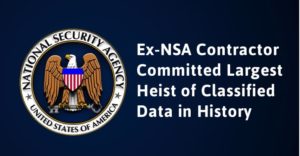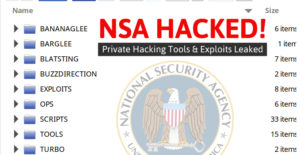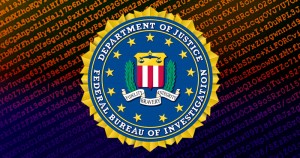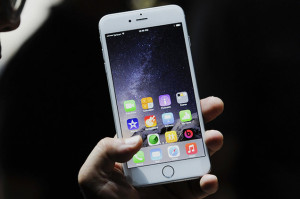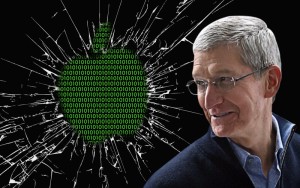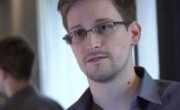Almost two months ago, the FBI quietly arrested NSA contractor Harold Thomas Martin III for stealing an enormous number of top secret documents from the intelligence agency.
Now, according to a court document filed Thursday, the FBI seized at least 50 terabytes of data from 51-year-old Martin that he siphoned from government computers over two decades.
The stolen data that are at least 500 million pages of government records includes top-secret information about “national defense.” If all data stolen by Martin found indeed classified, it would be the largest NSA heist, far bigger than Edward Snowden leaks.
According to the new filing, Martin also took “six full bankers’ boxes” worth of documents, many of which were marked “Secret” and “Top Secret.” The stolen data also include the personal information of government employees. The stolen documents date from between 1996 through 2016.
“The document appears to have been printed by the Defendant from an official government account,” the court documents read. “On the back of the document are handwritten notes describing the NSA’s classified computer infrastructure and detailed descriptions of classified technical operations.”
Former NSA Insider Could Be Behind The Shadow Brokers
It’s not clear exactly what Martin allegedly stole, but The New York Times reported Wednesday that the stolen documents also included the NSA’s top secret hacking tools posted online by a supposed hacking group, calling itself Shadow Brokers, earlier this year.
Earlier this summer, Shadow Brokers claimed to have infiltrated NSA servers and stolen enormous amounts of data, including working exploits and hacking tools.
The NY Times report suggests that the FBI has found forensic evidence that the hacking tools and cyber-weapons posted online by the alleged hacking group had actually been on a contractor’s machine.
NSA Contractor to Face Espionage Charges
Martin, a former Booz Allen Hamilton staffer like NSA whistleblower Snowden, should remain locked up and the government also plans to charge him with violations of the Espionage Act, Prosecutors said.
If convicted, one can face the death penalty.
Martin has “obtained advanced educational degrees” and has also “taken extensive government training courses on computer security,” including in the areas of encryption as well as secure communications.
A former US Navy veteran, Martin allegedly used a sophisticated software that “runs without being installed on a computer system and provides anonymous Internet access, leaving no digital footprint on the Machine.”
It’s believed that Martin was using TAILS operating system or another USB-bootable operating system in conjunction with Tor or a VPN that would not leave any forensic evidence of his computer activities.
Martin’s motives are still unclear, but among the seized documents, investigators uncovered a letter sent to Martin’s colleagues in 2007, in which he criticized the information security practices of government and refers to those same co-workers as “clowns.”
The letter reads: “I will leave you with this: if you do not get obnoxious, obvious, and detrimental to my future, then I will not bring you; into the light, as it were. If you do, well, remember that you did it to yourselves.”
Martin is due to appear before US Magistrate Judge Beth P. Gesner for his detention hearing on Friday in Baltimore.

